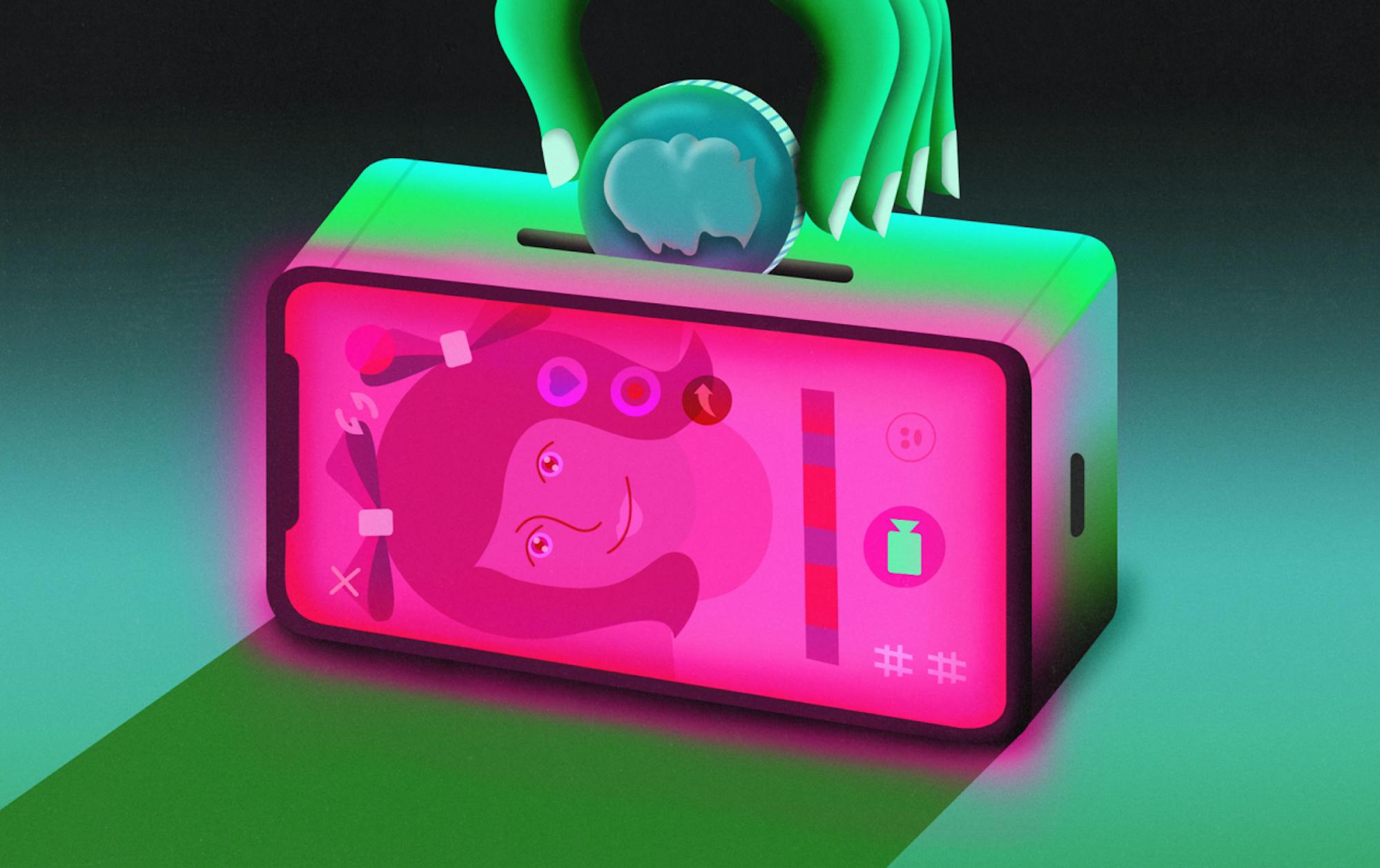%
said they feel shortchanged by their education.
(Future Census US + UK, VICE Voices 2018)

Gen Z and older respondents agreed in the belief that, by 2030, communication skills and technology skills (such as coding) will be the most important assets in the workplace. But significantly more Gen Z respondents said they believe that creativity will be necessary to success in the 2030 workplace.
Gen Z: 44%
Gen Y: 31%

Anexis Ruiz
21, New York


Right now, however, they said that they mostly don’t feel like they’re getting the chance to develop those creative skills, suggesting that schools’ priorities are off base.
What are the top barriers?
70% said the perception that creative careers aren’t lucrative
68% said the way grades are measured in school (compared to only 44% of Y and 27% of X)
68% said lack of funding for creative education


%
said that personal ambition is the most important factor in building a career. Comparatively, only 10% said the same for education.
(Future of Work US, VICE Voices 2018)
Katherine Pach
22, Ohio

%
of Gen Z respondents said that online videos and articles will be one of the most common ways that people will learn new skills in 2030. But they were also more likely than older generations to “strongly disagree” with predictions that online classes will replace traditional schooling by that time (26% of Z, compared to only 15% of Y and 16% of X), and that fewer people will attend four-year universities (18% of Z compared to only 5% of Y and 3% of X).

Many Gen Z respondents did predict, however, that the educational system will change its approach by 2030.
3 in 4 said there will be a greater focus on data and tech
6 in 10 said there will be more teachers, and they will be in a higher income bracket
1 in 3 said there will be no more standardized tests
1 in 4 said there will be increased funding for the arts

The Promise—and Risk—of a Career in TikTok
Full article on vice.com
According to Gen Z, a focus on creativity will affect the future workplace, too.
A majority said they expect that by 2030, the workplace will be much less rigid.

%
said that work hours will be more flexible.

%
said the majority of people will have both a primary job and a side hustle.
%
said that the majority
of businesses will feature virtual workspaces.

